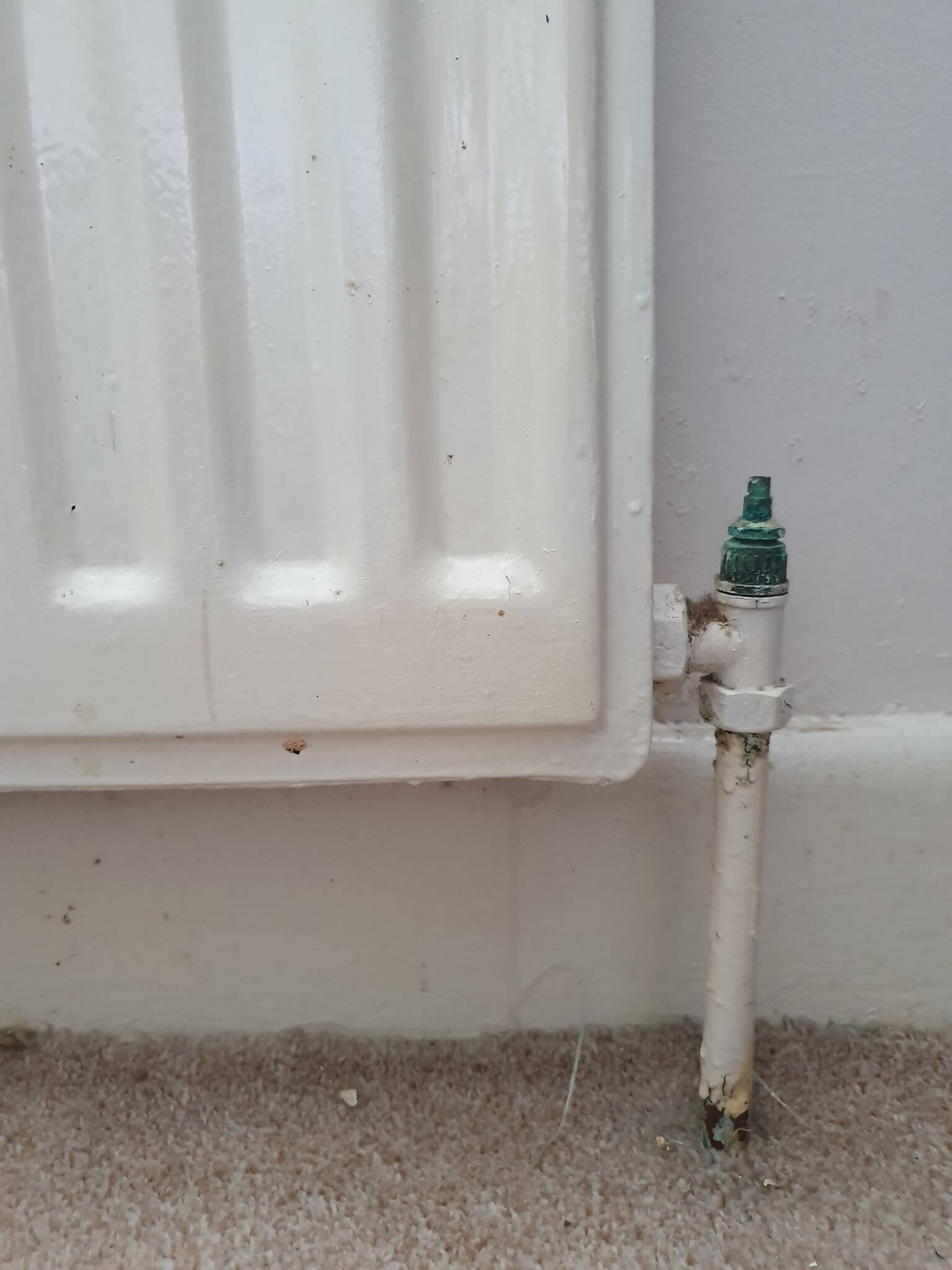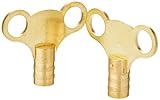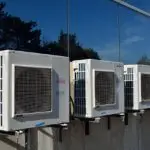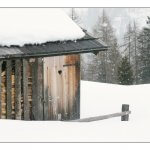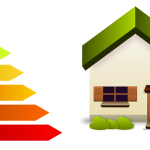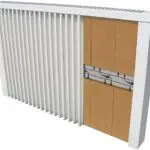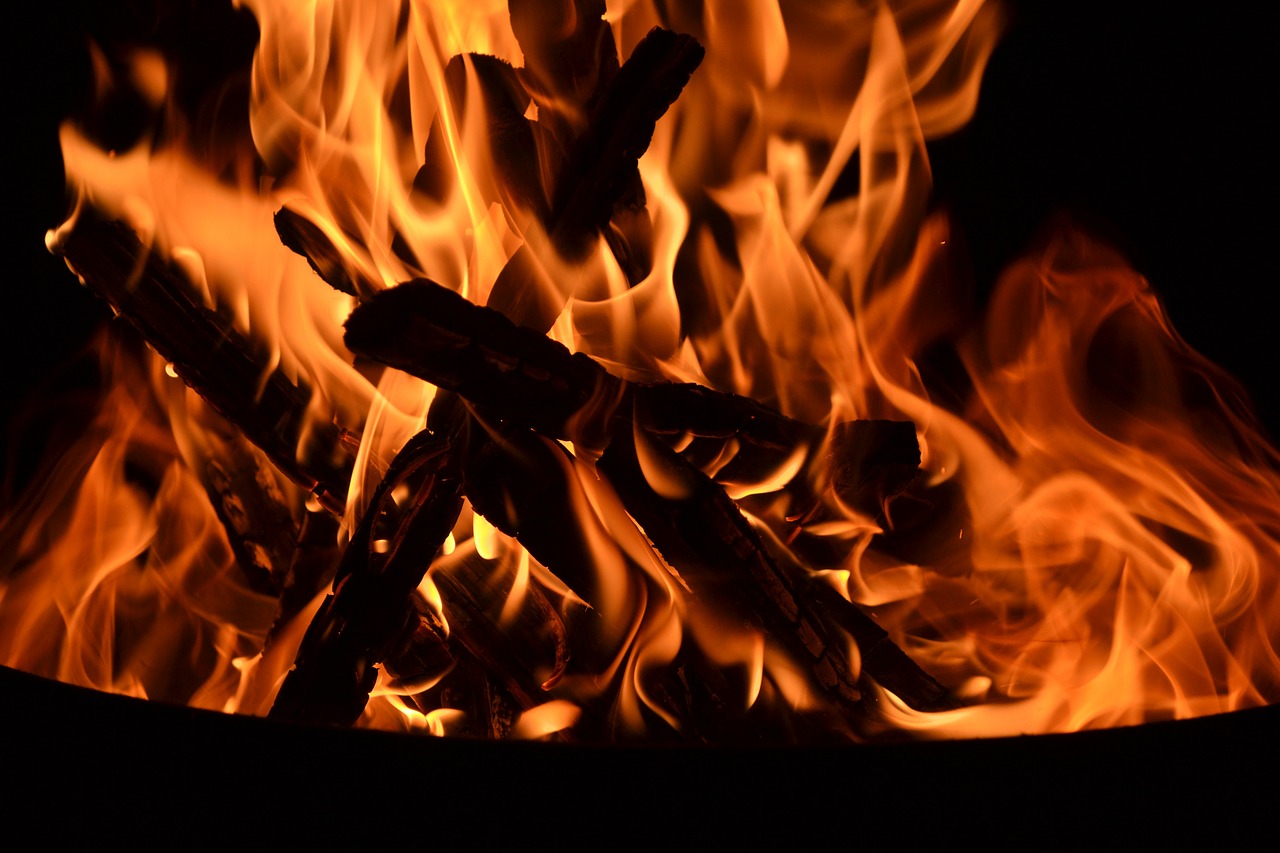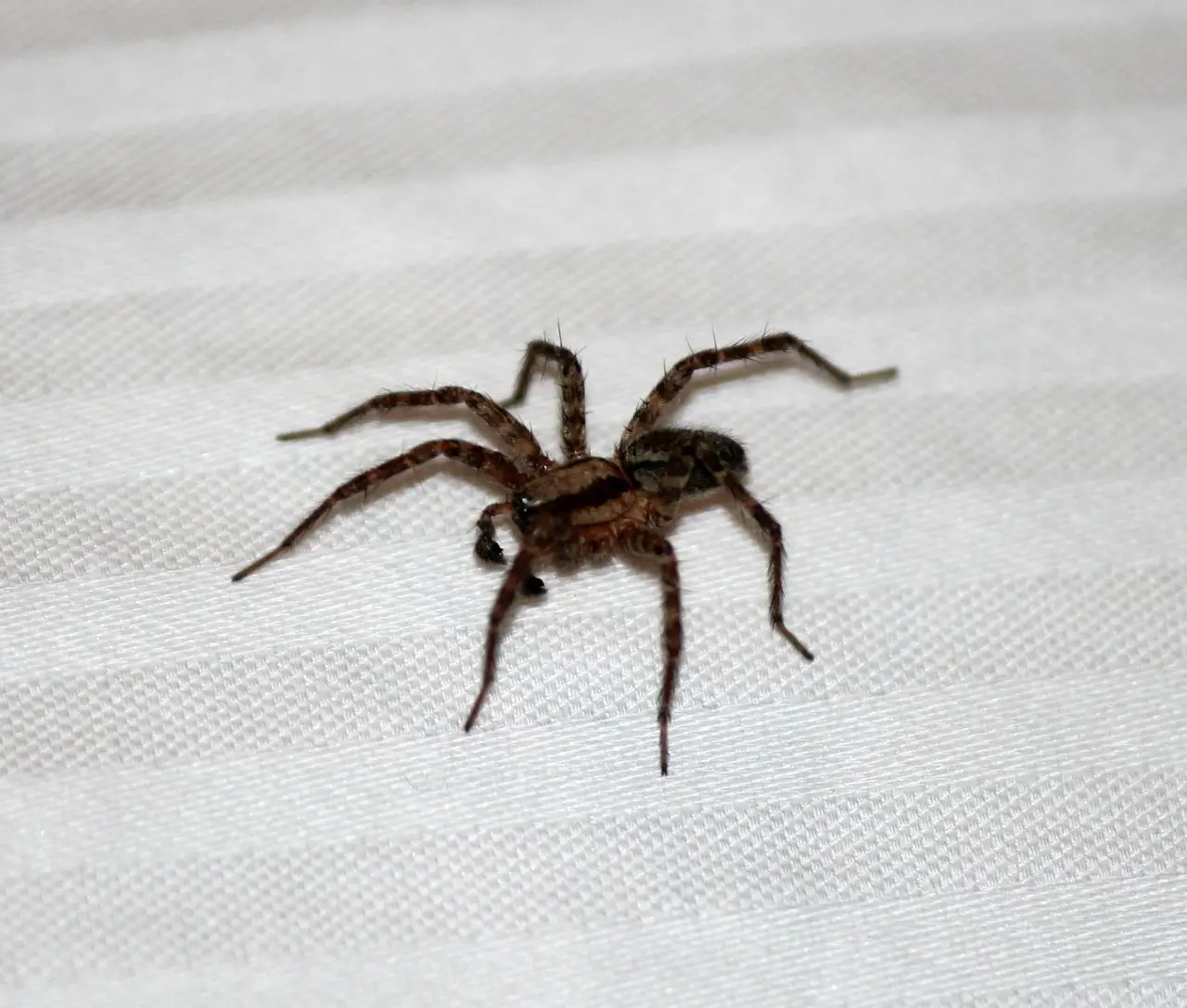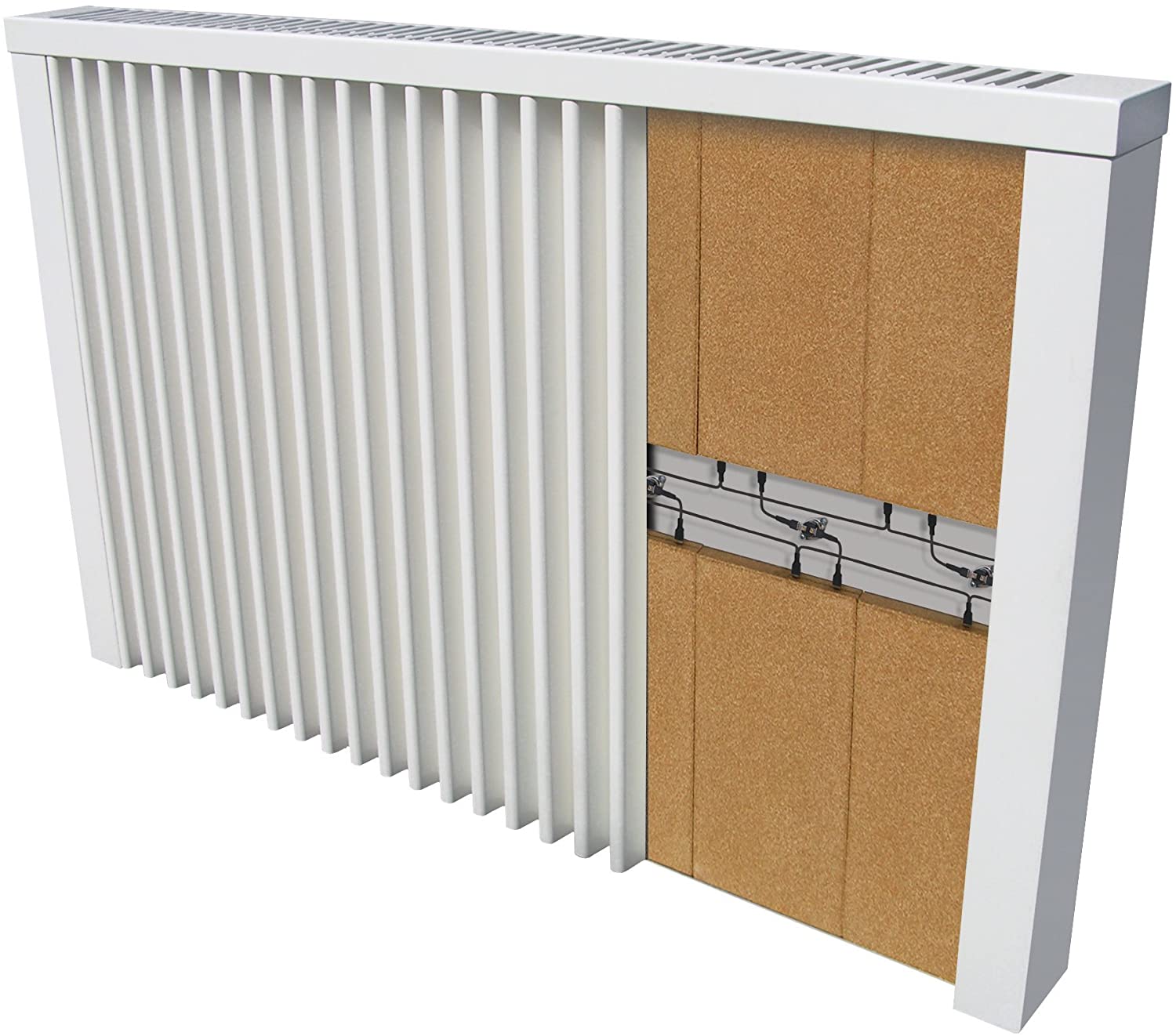It’s a cold day, you’ve turned your heating on and you sit back and relax, expecting the house to warm up like it usually does. This time things are a little different however, your radiators don’t quite seem to be getting warm, so you go over and feel around, it’s warm in patches, but cold in others.
You might be thinking the worst, that you need to call a plumber and get a whole new radiator, but don’t fear, this is a common problem and one you’re likely to come across every so often.
In this guide, we’ll touch on how you can diagnose cold radiator issues, the common problems which cause it, and how to fix particular radiator issues. It’s quite a long post, so using the links below, you can find the answer to your particular query:
- How to start diagnosing cold radiator issues
- Common problems causing a cold radiator
- How to fix it when all my radiators are cold
- How to fix a radiator that is cold all over
- How to fix a radiator that is cold at the bottom or top (patchy)
- How to fix when the radiators are cold downstairs or upstairs
- How to bleed a radiator
- How to prevent my radiator from getting cold again
- Get a central heating engineer quote
How to start diagnosing cold radiator issues
Like I’ve stated, it’s a common problem but to start understanding the issue, and knowing how to diagnose it properly is important.
The first and main question you have to ask yourself is, how many radiators are cold? A single radiator will indicate that it’s a problem with that radiator itself, however multiple or all radiators could indicate that there is an issue with other parts of the central heating system or even the boiler.
One Radiator
Have you found out that it’s just the one radiator? Then the issue is with the radiator itself, but that’s not quite the end of the diagnostic process. You need to find out where it is cold.
If the radiator is cold in parts, either at the top of the bottom, then the issue will be slightly different to if the whole radiator isn’t heating up.
For one that is cold in patches on the top of the bottom, it likely means that there are air pockets, which will mean you have to bleed the radiator, it may also be the case that if it’s cold on the bottom it’s a build-up of sludge that’s just sunk to the bottom. Both of these issues we will go through how to fix in the next sections.
When the whole radiator itself is cold it’s a little bit more complicated. What it could be is a limescale build-up in the pipe leading to the radiator itself, which is common if the radiator is very old, and you will, unfortunately, need to call a plumber. What you should check however is that the valves on both sides of the radiator are in fact on, it seems simple, but people often overlook it.
All Radiators
If none of your radiators is heating up, it’s likely an issue with your boiler which is the first thing that you should check. When your boiler is having an issue when the central heating is requested and the radiators aren’t heating up, it should dictate a fault code, this fault code will tell you the issue and recommended fix, I’ve written several guides on boiler fault codes, but it depends on the type of boiler you have as they all have different codes.
The only other thing that it could be is a blockage in your central heating system, you can try and locate the issue by following the pipe and see if it heats up in particular places, but if you’re not completely competent then you should call a professional.
Common problems causing a cold radiator
I’ve kind of touched on it in the section before, with a couple of the common causes based on your diagnostic results, but here’s a quick list of the overall most common radiator problems:
- Your radiator has air pockets and needs bleeding
- The boiler isn’t working or needs resetting
- The valves may be stuck in an off position
- Check that the water pressure is sufficient to push the water through the radiator system
- There could be an issue with the balance of the heating system
How to fix it when all my radiators are cold
If all your radiators are cold then, unfortunately, it’s a larger issue than just your radiators. As previously stated this is likely an issue with your boiler or a blockage in your central heating system.
Here are the steps of things that you should do to try and fix the issue:
- Check to see if the boiler has a fault code
- If it does, Google the fault code & find out what the specific issue is and what action you need to take
- Check that the gas supply to the house is working
- You should always try and reset your boiler if possible, this can clear a lot of issues
- It could be a low-pressure issue, make sure that your boiler is at the right pressure and if not repressurise it
If you’ve reset your boiler, checked your gas supply is working & the issue remains then, unfortunately, you are going to need to call a central heating engineer.
How to fix a radiator that is cold all over
Is the whole radiator cold? If you feel the radiator all over and every section of it is cold, here is what you should check step by step:
- Check the TRV (Thermostatic Radiator Valve) is on and the pins are moving properly by taking the head off
- If the TRV pins are stuck just give them a small tap and they should free up
- Check the other valve is open
- If it’s not yet fixed, turn off all the other radiators
- Does the “broken radiator” heat up? Then it’s an issue with one of the other radiators, so you can slowly start turning them on one by one
- Once you’ve located the radiator that is causing the problem, bleed it and turn it back on
- Still no luck? It’s likely a faulty or broken valve which you will need to look at getting replaced
How to fix a radiator that is cold at the bottom or top (patchy)
This is perhaps the most likely issue, a radiator that is either cold at the bottom or top which is often more patchy.
Here is what you need to do:
- Cold at the bottom: This is from a build up of sludge & you will need to call a central heating engineer to do a powerflush of your system.
- Cold at the top of patchy: There’s air pockets in the radiator and you will need to bleed the radiator.
How to fix when the radiators are cold downstairs or upstairs
It might seem a bit of an odd one, your upstairs is roasting warm but downstairs freezing cold, or visa versa. There are two reasons for this, it could be that there is a lack of water in the feed or expansion cistern or it could be that there is a blockage in the ball valve.
There is only one main suggested fix and this is to you guessed it,bleed the radiator(s). It could however also be that the water pressure isn’t significant enough, so you should make sure your boiler is operating at optimum pressure.
How to bleed a radiator
Most of the time, an issue with a radiator can be fixed simply by bleeding it or bleeding all the radiators around your home. Bleeding a radiator is pretty straight forward, and anyone can do it, simply follow these steps:
- First step is to turn off your central heating
- Then put a rag underneath the valve to catch any water
- Turn the radiator key anti-clockwise about a quarter turn which you should do until the air stops and the water runs smoothly
- Then turn the valve off
- Turn the system back on and your problem should be solved
Don’t have a radiator key? See below:
- This simple to use tool will bleed radiators
- Easigrip, Mickey mouse type
- Available in a solid brass finish
- Model number: BH02832
- Material: Solid Brass Radiator bleeder
- Usability: Easy to grip Clock style key for bleeding the radiator with ease
- Quality: This high-quality air vent key will not bend or break
- Purpose: Manufactured with a square opening which will fit most radiator...
- Warranty: This radiator key comes with one year of Warranty
- Radiator key
- T-bar type
- Solid brass
- BH03437
How to prevent my radiator from getting cold again
Want to prevent this from happening? There are a couple of things that you can do to try and stop this happening regularly:
- Bleed your radiators – I do this yearly to try and prevent issues
- Run your radiators a few times during summer, just to clear out any sludge build up
- Get a powerflush, you’ll need a professional and it may cost a bit of money but it will clean your system
- Replace older Thermostatic Radiator Valves
- Regularly get your boiler services and keep up with maintenance
Get a central heating engineer quote
Have you got an issue with all the radiators around your house and despite checking the boiler fault code, repressuring the boiler or resetting it, nothing is happening? Either that or the boiler is fine and there is a blockage in the system.
Either issue will mean that you need to call a central heating engineer.
Using the form below, I can help you find the cheapest engineer for the job by comparing all the available quotes. Simply fill your details in below to get started:
 Guides4Homeowners Useful Information & Guides
Guides4Homeowners Useful Information & Guides
